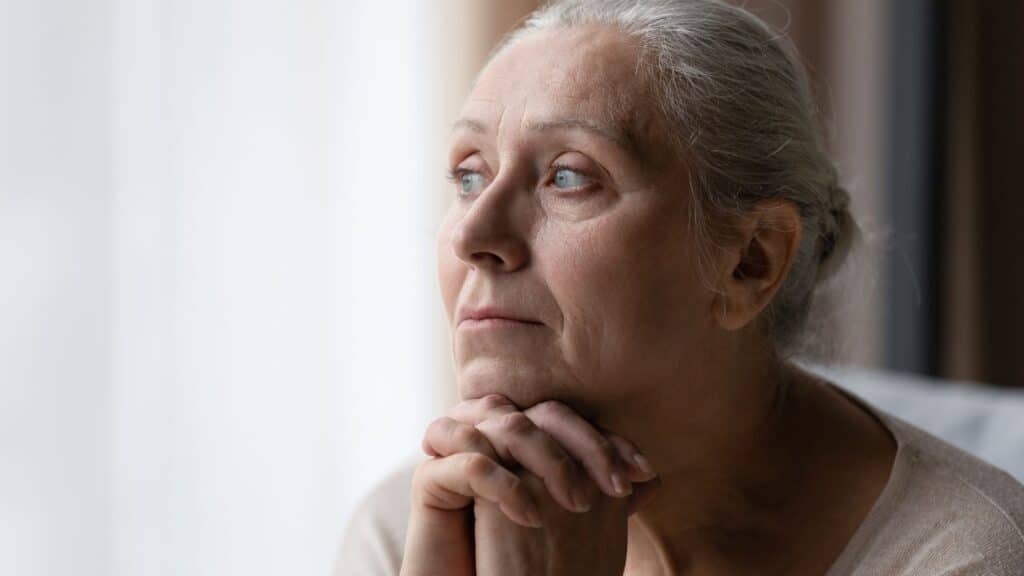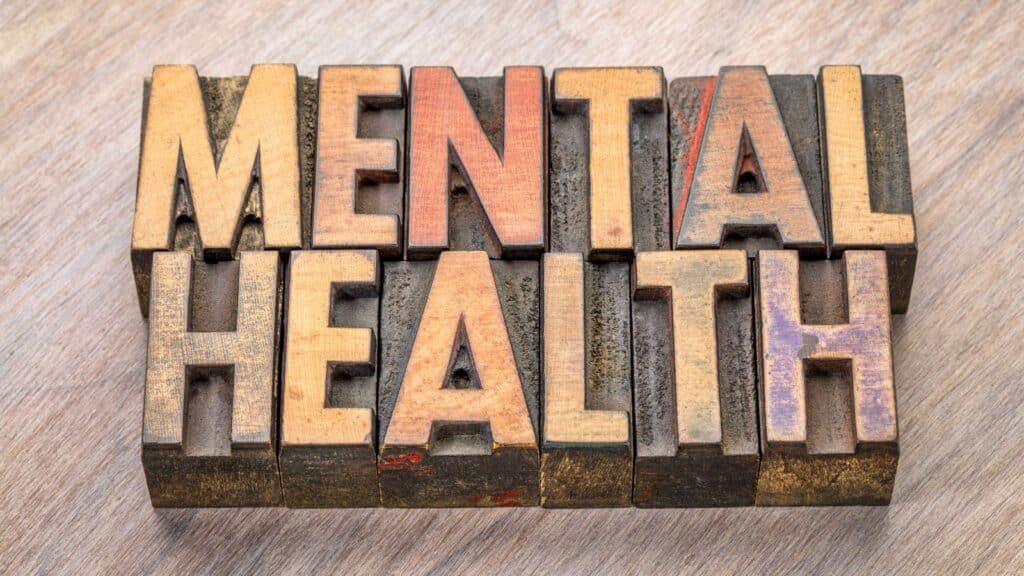The number of Americans aged 50 and older who are getting divorced is on the rise, a phenomenon known as “gray divorce.” New research analyzed the effects of these late-life separations on families. It also looked at the effects on finances.
Background to the Study

Zafer Büyükkeçeci and Thomas Leopold, two researchers, published a study on this phenomenon titled “Parent-Child Relationships Following Grey Divorce: Stronger Ties with Mothers, Weaker Ties with Fathers.” They used data from the German Family Panel. They spoke solely to people whose parents divorced later in life, with the main aim to find out how gray divorce can affect the relationships between parents and their children, particularly regarding emotional and practical support.
Relationships Between Fathers and Children

The study found that gray divorce seriously changes how families interact with each other. Many fathers and their adult children said they no longer felt as close to each other and that they had less contact than they used to.
Relationships Between Mothers and Children

But the opposite was true for mothers and children. Following a gray divorce, the study showed that many mothers and children felt they had a stronger bond than before the divorce. They also reported being in contact more and feeling a greater sense of support between each other.
Gender Differences

Despite these findings, the results suggest a difference in terms of the gender of adult children. The relationship between fathers and their daughters declined more significantly in terms of closeness and contact than the relationship between fathers and their sons. Clearly, gray divorce does not affect all family members equally.
Difficulties After Divorcing

The paper also looked at the chances of parents finding a new partner following a gray divorce. It found that there were limited opportunities for adults to re-partner, which researchers claimed caused greater feelings of social isolation. Like family relationships, they found that this trend affected fathers the most.
The Context of the Study

But it’s important to remember the context of the study. Of a sample of 9,092 individuals, only 606 had parents who had “gray divorced,” and all were from Germany. The data may not be representative of people in other countries. It may be worthwhile conducting this study in America and comparing it.
Büyükkeçeci’s Thoughts

Büyükkeçeci said of the study’s findings, “The rise of ‘gray divorce,’ occurring among couples over the age of 50, coincides with the trend of extended parent-child relationships. With these prolonged connections, parents maintain significant influence in their children’s lives well into adulthood.”
Further Impacts

He added, “Consequently, parental divorce may impact not only individual outcomes during childhood but also into adulthood. The limited opportunities for re-partnering among gray divorcees underscore the significance of understanding how parent-adult child relationships evolve post-divorce.”
Gender Dynamics

Büyükkeçeci also said, “Moreover, the dynamics of these relationships can be influenced by the gender of both the parent and the child, potentially leading to trade-offs where a stronger bond with one parent may weaken the relationship with the other. Therefore, gaining insight into these relationships is essential.”
Conflicting Information

Other studies appear to support the researchers’ findings and have also found that fathers have less contact with their children after a gray divorce. But, the impact on mothers and their children is more complex. One study found that they also had less contact, whereas another found no correlation between the two.
Men and Finances

This is not the only research into “gray divorce.” The Institute for Family Studies (IFS) found that fathers tend to give more financial support to adult children following a gray divorce. They speculated it may be because they are trying to compensate for emotional loss or simply out of guilt.
Women and Finances

The IFS study found that mothers tend to give less financial support after a gray divorce. They suggested this may be because many mothers tend to have fewer financial resources and, therefore, cannot contribute as much. Clearly, gender plays an important role in a later-life separation.
New Relationships

Likewise, IFS research found that many adult children struggle with new family relationships. Instead of dealing with their parents as a united parental front, they now have to deal with them as individuals with their own emotional and financial challenges. This can cause serious challenges for all those involved.
Estate Planning

Some of the greatest financial issues after a divorce involve estate planning and inheritance. After divorcing later in life, families must reassess their wills and any trust funds to ensure they accurately reflect how the people involved now feel. This can also cause complex legal situations, particularly with adult children.
Gray Divorce and Depression

Another study looked at the impact of gray divorce on mental health. It found that, for divorced parents, losing touch with adult children made any existing feelings of depression even worse. But the researchers discovered that “having no contact with at least one child […] did not diminish the temporarily positive effect of subsequent re-partnering on mental health.”
Psychological Impact

There is also a clear emotional and psychological impact on the adult children. It’s common for children to feel betrayed or experience a sense of grief over the loss of their family home. Many adult children begin questioning their childhood memories and struggle to deal with their new family relationships.
The Grieving Process

This idea of grief affects children of all ages, as many are forced to mourn the loss of their traditional family structure. Grief is an important part of adjusting to the new reality of their family. This process can include feelings of anger, sadness, shock, and even a sense of powerlessness.
Taking on New Roles

Additionally, several adult children may become mediators or confidants during their parents’ disputes, whether willingly or not. Some may also take on a caregiver role or begin worrying about a parent’s finances. This can be particularly stressful and cause more emotional problems for them.
Matrilineal Tilt

A study from 1995 focused on gender issues in divorce. It argued that this could cause a “matrilineal tilt,” supporting the findings from Büyükkeçeci’s study that children’s relationships with their mothers strengthen, but connections with their fathers weaken. It also says that this can cause a heightened sense of “emotional labor” for mothers that many may struggle to deal with.
Psychological Toll on Women

According to a Finnish study, there was an increase in women using antidepressants following a divorce than men. Yaoyue Hu, Niina Metsä-Simola, Satu Malmberg, and Pekka Martikainen have speculated that this shows mothers have a greater emotional burden following the end of a marriage in comparison to fathers.
Positive Feelings

Even so, other research has shown that the negative mental health impact of gray divorce may only be immediately following the end of a marriage. A paper found that parents who have a new partner and previously divorced may actually have better mental health, suggesting that any findings about gray divorce should be taken within their context.
Giving Support

Several researchers have argued that there is a clear need for interventions to support people immediately following a divorce. They suggest face-to-face or digital interventions could help those involved to avoid the negative effects of gray divorce. Similarly, they have also called for more targeted support for families.
Social Network and Isolation

After a divorce, it’s common for parents to lose mutual friends and social interaction when going out. This can lead to a greater sense of isolation and loneliness. Healthline said that rebuilding independent relationships and support systems after a divorce is important for avoiding these issues.
Healthcare Decisions

Gray divorce can make medical decisions even more challenging, particularly if they involve an ex-partner who is not in the best health. It can be hard to decide how to finance long-term medical care. Families should carefully plan and communicate openly with other family members and healthcare providers when considering healthcare solutions.
Retirement Planning

There’s also the issue of retirement planning. Splitting assets and potentially losing financial resources can completely change the timelines for retirement. It can also affect lifestyle expectations, forcing parents to change how they decide to save for retirement and causing them to work longer than they originally planned.
25 Hardest Parts About Getting Older That No One Ever Talks About

25 Hardest Parts About Getting Older That No One Ever Talks About
Deprived Desires: 25 Things Boomers Had That Modern Americans Can Only Long For

Deprived Desires: 25 Things Boomers Had That Modern Americans Can Only Long For
25 Reasons People Are Leaving California Permanently





